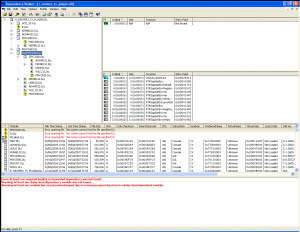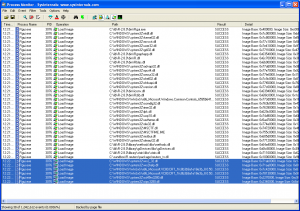Problem 19 on the Project Euler website asks the user, given some initial information:
How many Sundays fell on the first of the month during the twentieth century (1 Jan 1901 to 31 Dec 2000)?
The obvious (but longer) way is to calculate the sum of the days between 1901 and 2000, given the number of days in each month, and a helper function to determine whether a year is a leap year or not:
is.leap <- function(year) {
return (year %% 4 == 0 || (year %% 100 == 0 && year && 4 == 0))
}
# Problem 19
problem19 <- function() {
daycount <- 1
daylist <- list()
i <- 1
for (year in 1900:2000) {
months <- c(0,31,28,31,30,31,30,31,31,30,31,30,31)
if (is.leap(year)) {
months[3] <- 29
}
days <- daycount + cumsum(months)
daycount <- days[length(days)]
daylist[[i]] <- (days[–(length(days))])
i <- i + 1
}
sum(unlist(lapply(daylist[–1], function(x) {sum(x %% 7==1)} )))
}
However, with the aid of R’s chron library, there is a much easier way:
# Problem 19, method 2
library(chron)
sum(weekdays(seq.dates(â€01/01/1901″, “12/31/2000″, by=â€monthsâ€))==â€Sunâ€)

